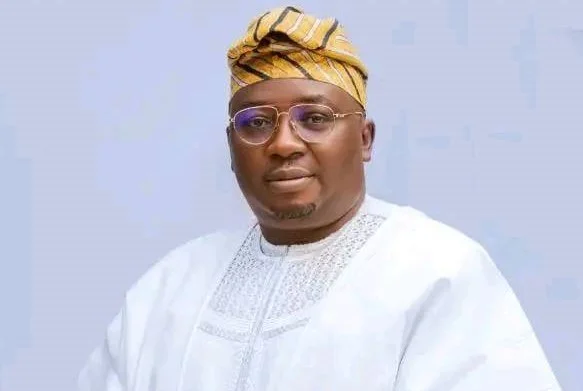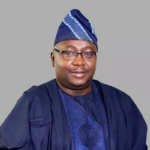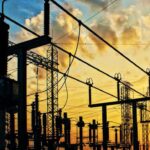Minister of Power, Adebayo Adelabu, has said the hues and cries on the electricity tariff increase for Bnd A customers is from those who were not paying electricity bills in the past.
Adelabu, who spoke at the 8th Africa Energy Marketplace forum on Thursday in Abuja, said the new tariff has led to reduction in energy cost for consumers in the band by 30 to 40 percent.
He faulted the claim that the new tariff has increased the cost of production for manufacturers, leading to the high cost of goods and services.
“The electricity tariff was not targeted at improvising Nigerians or worsening the already bad economic situation of high inflation rate and naira losing value but targeted at resolving or reducing the hardship of the people.”
Electricity tariff hike: Senate suspends debate over court order
No extension of 2024 SSCE internal registration, says NECO
“Those on Band A, if they should do their arithmetic properly, to compare what they have been spending on energy provision from grid supply and energy generators put together, before the review of tariff, they have achieved nothing less than 30 to 40 percent reduction in their total cost. That is the truth.”
“We are also electricity consumers, so we can attest to this fact. It is true that if you are in Band A, your bill would have doubled if not more. But check out what you have been spending on your generator servicing, diesel and petroleum procurement, it would have down considerably.
“So the argument of this new tariff having the capacity of increasing the cost of production and raising the prices of goods and services is not logical.
“Manufacturers under Band A should have a lower Energy cost by now, thereby, reducing their cost of production. Except those that have not been paying for electricity in the past. We can also come together to compare notes with practical example. But how this new tariff regime will increase the cost of production is not valid because I am in that industry too.”
While stating that Nigeria should not be suffering from lack of electricity owing to abundance of sun, water and gas, he bemoaned the sector not getting it right since the past 60 years.
Speaking earlier, the Vice President, Power, Energy, Climate Change and Green Growth Complex of the African Development Bank (AFDB), Dr Kevin K. Kariuki, announced plans to support the Nigeria’s power sector with $1bn.
He said the support fund would be channeled through a policy-based operation (PBO) with significant energy component aimed at supporting the ongoing power sector reforms triggered by the new Electricity Act.
Kariuki added that the bank would finance the policy recommendations to actualize the expected outcomes from the National Integrated Electricity Policy and Strategic Implementation Plan.

 Join Daily Trust WhatsApp Community For Quick Access To News and Happenings Around You.
Join Daily Trust WhatsApp Community For Quick Access To News and Happenings Around You.


